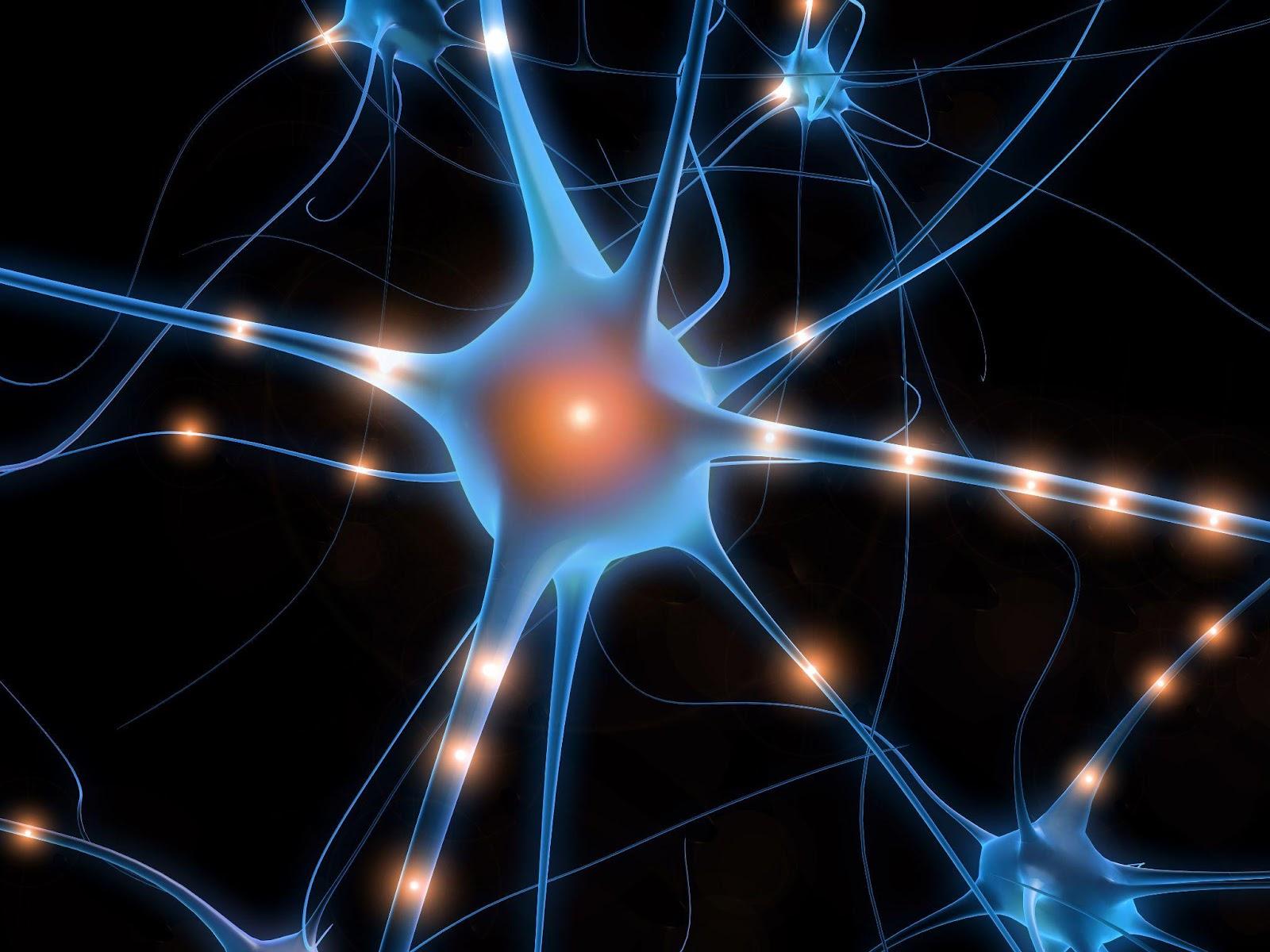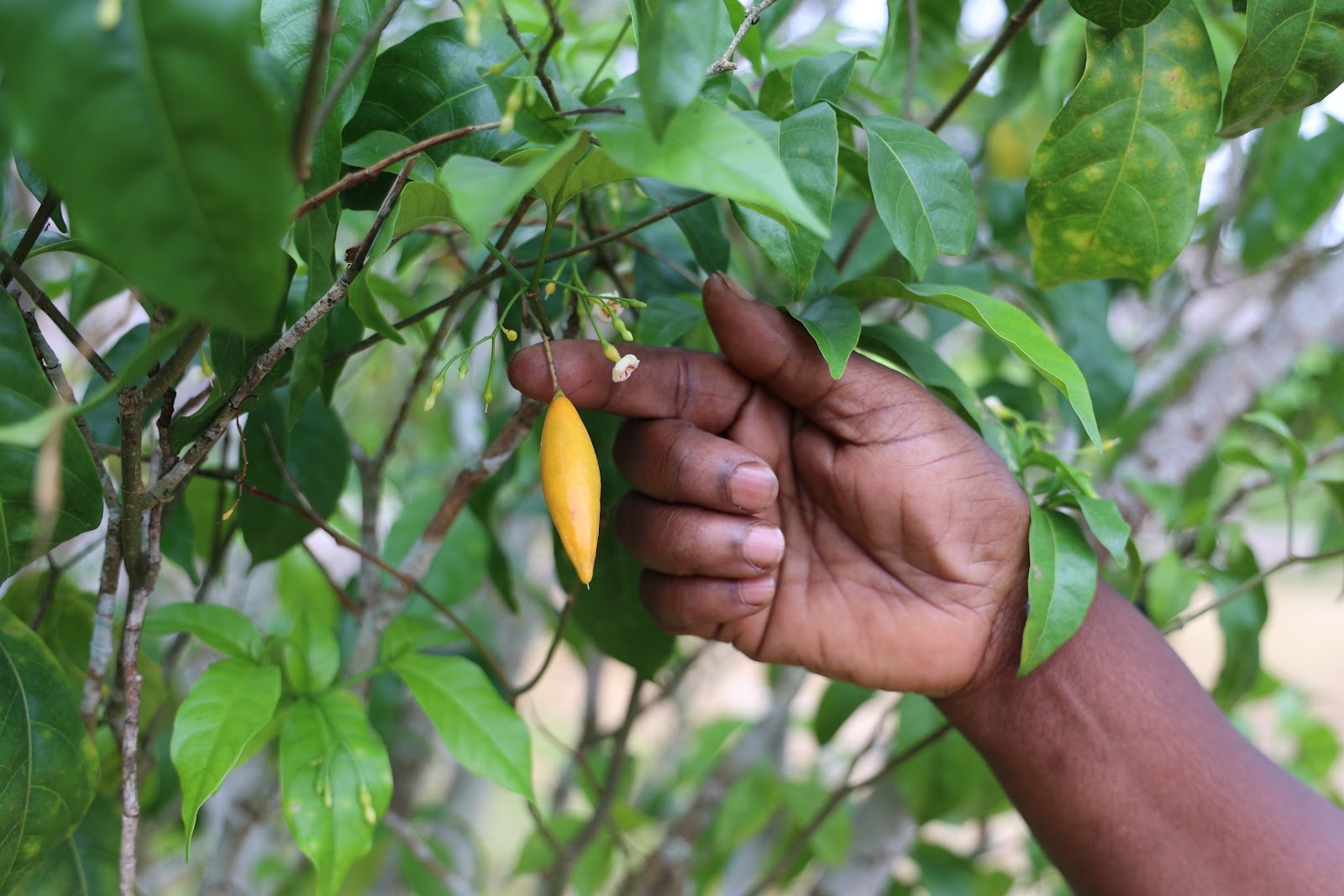Ibogaine
Ibogaine, a naturally occurring psychoactive compound found in the root bark of the African iboga plant, stands at the crossroads of ancient tradition and modern therapeutic exploration. This article embarks on a journey into the heart of Ibogaine, uncovering its rich history, therapeutic applications, and its profound impact on mental health. Throughout this exploration, we'll emphasize the crucial role of experienced guides who accompany individuals on their transformative odyssey with Ibogaine.
History
The story of Ibogaine is one of ancient wisdom and contemporary discovery. Indigenous peoples in West Central Africa have used the iboga plant for centuries in spiritual and healing rituals. They believed it allowed them to connect with ancestors, gain insights, and heal physical and psychological ailments.
In the mid-20th century, Ibogaine attracted the attention of researchers and seekers alike. Its potential to address addiction and provide deep introspection led to its use in the treatment of substance use disorders.
However, Ibogaine's journey has not been without controversy. Due to safety concerns and its classification as a Schedule I substance in some countries, its use remains restricted. Yet, it continues to be a subject of fascination and investigation.
Therapeutic Uses
Central to the Ibogaine experience is the presence of trained guides. These individuals serve as compassionate and knowledgeable companions, helping navigate the often intense and transformative effects of Ibogaine. Their expertise ensures that the journey remains safe and therapeutic.
Ibogaine-assisted therapy typically involves an immersive experience in a supportive and controlled environment. Guides play a pivotal role in preparing individuals for the journey, offering guidance during the experience, and providing integration support afterward.
One of Ibogaine's most celebrated applications is in the treatment of addiction, particularly to substances like opioids. Clinical and anecdotal evidence suggests that Ibogaine can alleviate withdrawal symptoms and cravings, providing individuals with an opportunity to break free from the cycle of addiction.

Some researchers have found that ibogaine increases neuroplasticity
Ibogaine's unique properties are thought to promote deep introspection and self-reflection. During an Ibogaine session, individuals often confront the root causes of their addiction and gain profound insights into their behaviors and motivations.
Mental Health Impact
Ibogaine is renowned for its ability to induce intense visionary experiences, which can lead to transformative insights. Participants often report a sense of interconnectedness and a deeper understanding of their lives.
In addition to addiction treatment, Ibogaine has shown promise in addressing conditions such as depression, anxiety, and post-traumatic stress disorder (PTSD). The introspective and visionary nature of Ibogaine experiences can facilitate emotional healing and personal growth.
Following an Ibogaine session, individuals frequently report increased clarity, reduced cravings, and a newfound sense of purpose. The therapeutic effects can extend beyond the immediate experience, guiding individuals toward lasting positive changes in their lives.
Ibogaine, with its roots in ancient tradition and its potential for modern healing, represents a unique path to understanding and transformation. When accompanied by experienced guides, this compound offers individuals a profound journey into the depths of their psyche, often resulting in profound healing and newfound clarity. In a world seeking innovative solutions to addiction and mental health challenges, Ibogaine stands as a testament to the enduring human quest for healing and self-discovery—an odyssey worth embarking upon for those in need of transformation and renewal.
